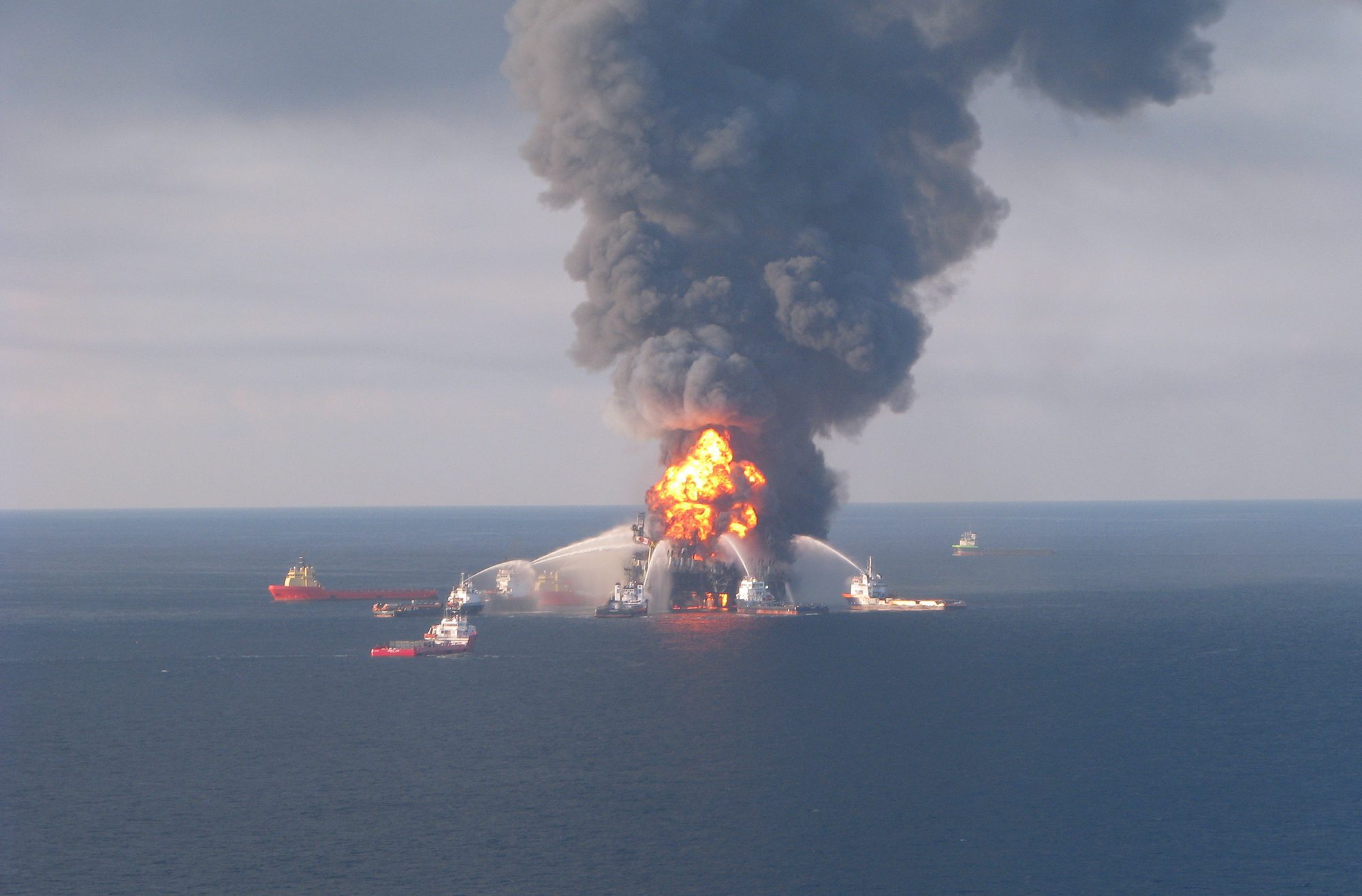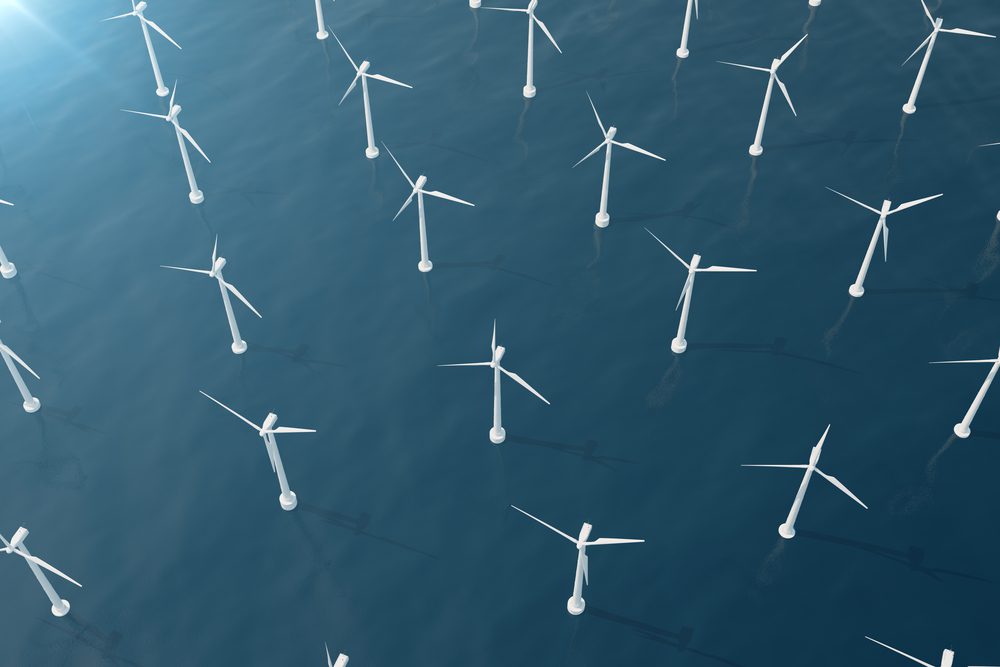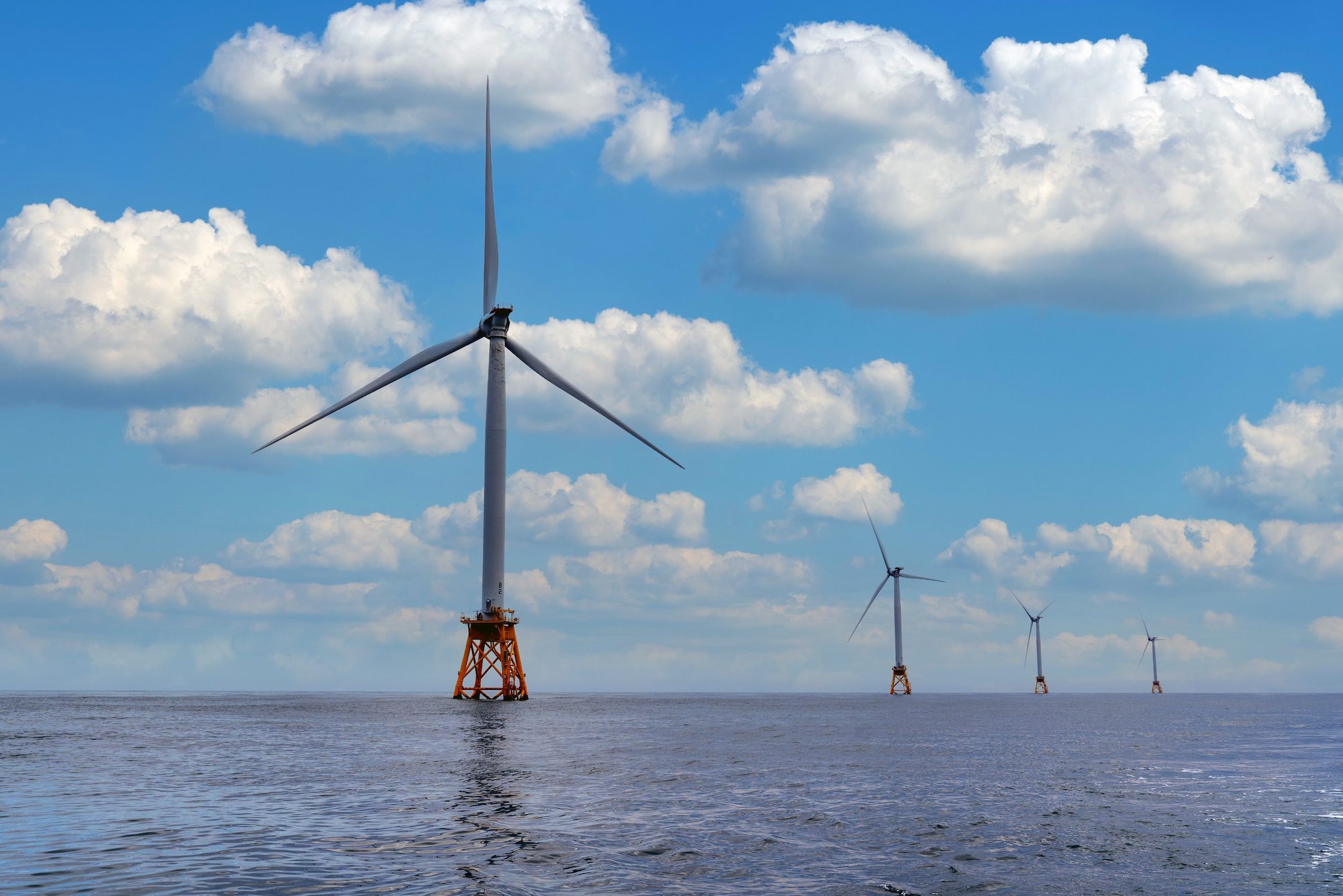The U.S. Department of the Interior has announced new measures to enhance worker safety and ensure offshore oil and gas operations in federal waters are conducted safely and with the utmost oversight standards, reversing course on regulations that were relaxed by the Trump Administration.
The final well control rule from the Bureau of Safety and Environmental Enforcement (BSEE) builds on regulatory reforms implemented after the 2010 Deepwater Horizon explosion, which killed 11 people and caused the worst offshore oil spill in U.S. history.
Following the Deepwater Horizon incident, BSEE implemented several recommendations aimed at enhancing the safety of offshore energy operations. This led to the Obama Administration’s publication of the 2016 Well Control Rule, which integrated newer industry standards and adopted reforms in areas such as well design, well control, casing, cementing, real-time well monitoring, and subsea containment.
However, in 2019, the Trump Administration rolled back certain provisions of the rule that were deemed to create unnecessary regulatory burdens on the industry, part of an effort to expand offshore energy production at virtually any cost.
The BSEE said today’s final rule incorporates important lessons learned from operators, incident data concerning blowout preventers, and well integrity since the publication of the 2016 rule, as well as revises or rescinds certain modifications that were made during the Trump Administration.
“The Biden-Harris administration is committed to the highest standards of worker safety and environmental protections,” said Secretary Deb Haaland. “These improvements are necessary to ensure offshore operations, especially those related to well integrity and blowout prevention, are based on the best available, sound science. As our nation transitions to a clean energy economy, we will continue strengthening and modernizing offshore energy standards and oversight.”
Specifically, the finalized revisions include requiring blowout preventer systems to always close and seal the wellbore, reporting failure data to a designated third party and BSEE, and requiring independent third-party qualifications for permit applications. The rule also specifies requirements for BOP testing and failure analysis.
“Finalizing this rule will enable BSEE to continue to put the lives and livelihoods of workers first, as well as the protection of our waters and marine habitats,” said BSEE Director Kevin Sligh. “This rule strengthens testing and performance requirements for blowout preventers and other well control equipment, provides for timely and robust analyses and investigations into failures, and clarifies reporting requirements to ensure we have appropriate visibility over information and data critical to maintaining well integrity.”

 Join The Club
Join The Club











